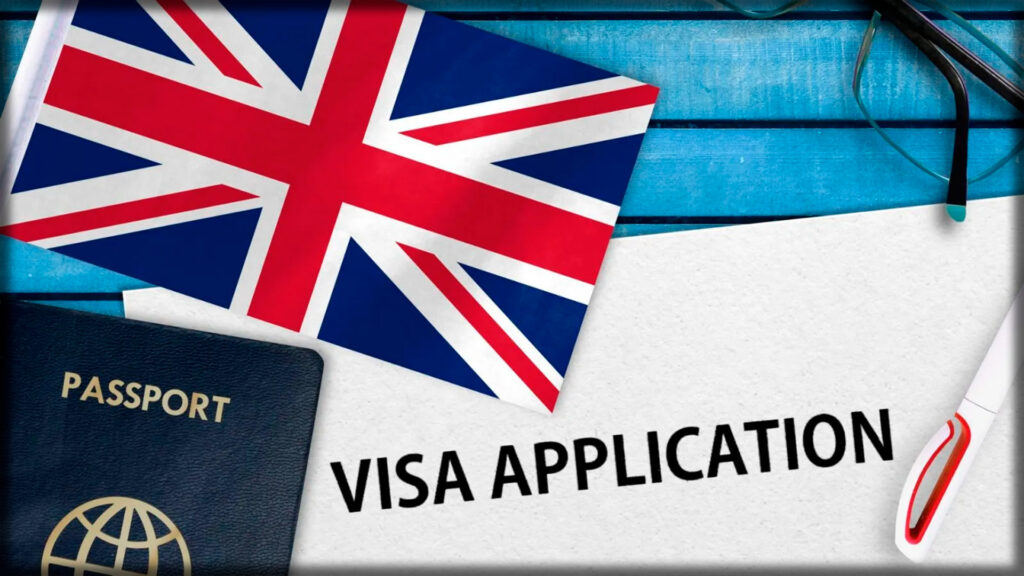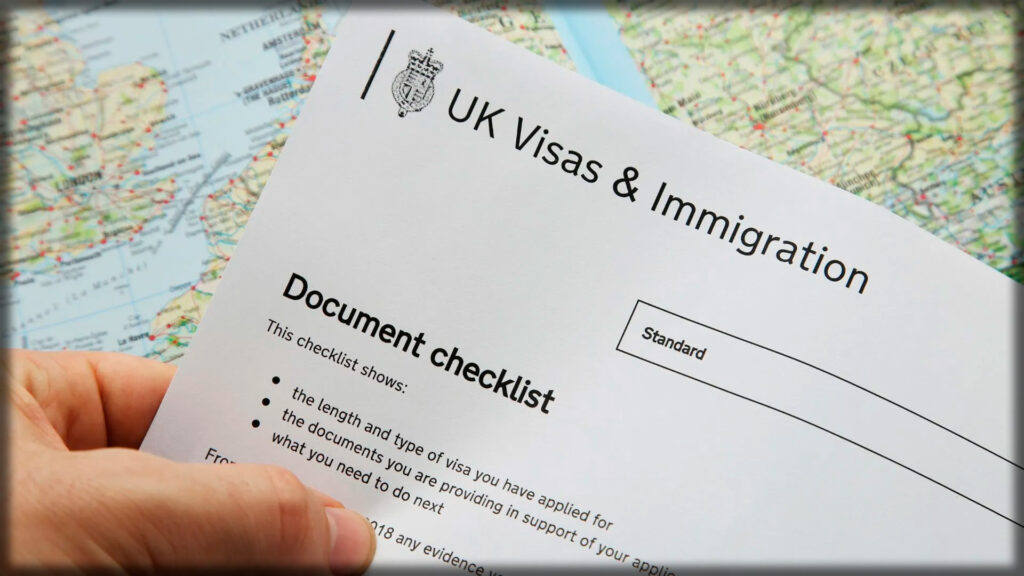How to Work in the United Kingdom with a Visa: Complete Guide 2025
Working in the United Kingdom has always been an attractive option for immigrants from around the world. Cities like London, Manchester, Edinburgh, or Birmingham combine competitive salaries, growth opportunities, and a quality of life marked by stability. However, in 2025, achieving this is not just a matter of luck: you need the right visa, meet the requirements, and understand how the UK job market works.
This guide is designed to give you clarity at every step: from the types of visas available, the requirements you must meet, the process to obtain one, and the sectors that are hiring the most immigrants.
Reasons to Work in the United Kingdom in 2025
- Strong and diversified economy: finance, healthcare, technology, and education continue to thrive.
- High salaries: in many sectors, wages surpass those in other European countries.
- Opportunities for residency: after a few years with a work visa, you can apply for Indefinite Leave to Remain (ILR), or permanent residency.
- International experience: working in the UK opens doors anywhere in the world.

Types of Work Visas in the United Kingdom
There are several categories, and choosing the right one is crucial:
- Skilled Worker Visa: the most common, requires a job offer and minimum salary.
- Health and Care Worker Visa: aimed at healthcare and social care professionals.
- Global Talent Visa: for recognized professionals in science, research, arts, or technology.
- Graduate Visa: for foreign students recently graduated from UK universities.
- Temporary Worker Visas: for seasonal, cultural, or agricultural jobs.
- Innovator Founder Visa: for entrepreneurs with innovative business ideas.
- UK Ancestry Visa: for Commonwealth citizens with British ancestry.
Eneral Requirements for Applying for a Work Visa
Although each visa has its specific conditions, there are requirements that are repeated in almost all cases:
Valid job offer: Most visas require an offer from a UK-registered company authorized as a sponsor.
Certificate of Sponsorship (CoS): An official document issued by your employer to support your application.
Minimum established salary: Varies by sector but generally ranges between £23,000 and £26,000 per year, with exceptions for shortage occupations.
Proven English level: Normally an intermediate level (B1) is required.
Proof of sufficient funds: You must show you can support yourself in the first few months if your employer doesn’t cover this.
Payment of the Immigration Health Surcharge (IHS): Mandatory to access the UK’s public health system (NHS).
Passport and translated documents: Any academic or professional certificate must be in English or officially translated.
Step-by-Step Process to Obtain a Work Visa
- Find a job in the UK
Focus your search on companies with a sponsorship licence and in sectors with high demand for immigrants. - Receive your Certificate of Sponsorship (CoS)
Your employer applies for it and gives it to you as proof of your role. - Gather documents
Passport, English certificate, academic qualifications, proof of funds, and signed job offer. - Apply online
The application is completed through the UK’s official visa portal. - Pay the corresponding fees
These include the visa fee and the Immigration Health Surcharge (IHS). - Attend the biometric appointment
You’ll provide fingerprints and a photo for your residence permit. - Wait for approval
Processing time varies between 3 and 8 weeks depending on the visa. - Travel to the UK
Once approved, you’ll collect your biometric residence permit upon arrival.
Benefits of Working with a Visa in the UK
- Legality and stability: You’ll be protected by UK labor law.
- Access to public healthcare (NHS): Through payment of the IHS.
- Competitive salaries: Especially in shortage occupations.
- Pathway to permanent residence: After 5 years with a valid visa, you can apply for Indefinite Leave to Remain (ILR).
- Family reunification: Many visas allow you to bring your spouse and children.
- International experience: Working in the UK opens doors worldwide.

Articles to Help You Go Deeper
If you want to take your research a step further, here are some articles that complement this guide and that you should read:
- 👉 Discover the [highest-paying jobs in the UK for foreigners], to know which fields offer the best earnings.
- 👉 Learn everything about the [UK Work Visa: types, requirements, and costs], where each category is explained in detail.
- 👉 Find out which are the [most in-demand jobs in the UK in 2025], ideal if you’re still unsure which sector to pursue.
- 👉 Explore the [sectors with the highest immigrant hiring in the UK], to see where the real opportunities are.
- 👉 And if you’re still unsure how to find an employer to sponsor you, check [how to get sponsorship from UK companies for a work visa].
Each of these topics connects directly to the information in this guide and will give you a clearer vision of how to focus your migration process.
Common Challenges of Working in the UK as a Foreigner
- Visa competition: Many immigrants apply at the same time, making the process more selective.
- Recognition of qualifications: Professions like medicine, teaching, or law require your degree to be officially recognized.
- Cost of living: Especially in London, a large portion of your salary may go to housing and transport.
- Cultural and workplace adaptation: British work culture—punctuality, formality, and structure—can be a challenge at first.
- Migration stability: Rules may change year to year, so it’s important to stay up to date.
Frequently Asked Questions
Is it mandatory to have a job offer before applying for the visa?
In most cases, yes. The Skilled Worker Visa and the Health and Care Worker Visa require a licensed employer to sponsor you. Only a few visas, such as the Global Talent or Graduate Visa, allow you to apply without an initial job offer.
How long does the visa application process take?
It depends on the type of visa, but generally between 3 and 8 weeks once you’ve submitted all the required documents. In periods of high demand, processing times may be longer.
Do I need to speak English to get the visa?
Yes. For almost all work visas it is mandatory to prove at least an intermediate level of English (B1). Official tests like IELTS and other government-approved exams are accepted.
Can I bring my family with me?
Yes. Many visas allow family reunification. Your spouse and children can apply for permits linked to your visa, as long as you meet the financial requirements to support them.
How much does the whole process cost?
The total cost varies by visa, but typically includes:
- Visa fee (£300 – £1,500 depending on the type).
- Immigration Health Surcharge (£1,035 per year).
- Translations and certifications (variable).
Altogether, the process can range from £2,000 to £5,000 when considering all initial expenses.
Working in the UK in 2025 is achievable for thousands of foreigners who meet the requirements and prepare in advance. The road is not always easy: securing sponsorship, getting your qualifications recognized, and proving your English level can be demanding.
But behind that effort lies the opportunity to access a well-paid job, gain valuable international experience, and eventually secure permanent residency.
If your dream is to live and work in the UK, now is the time to start building it. The key isn’t luck—it’s preparation, consistency, and having the right information. ✅